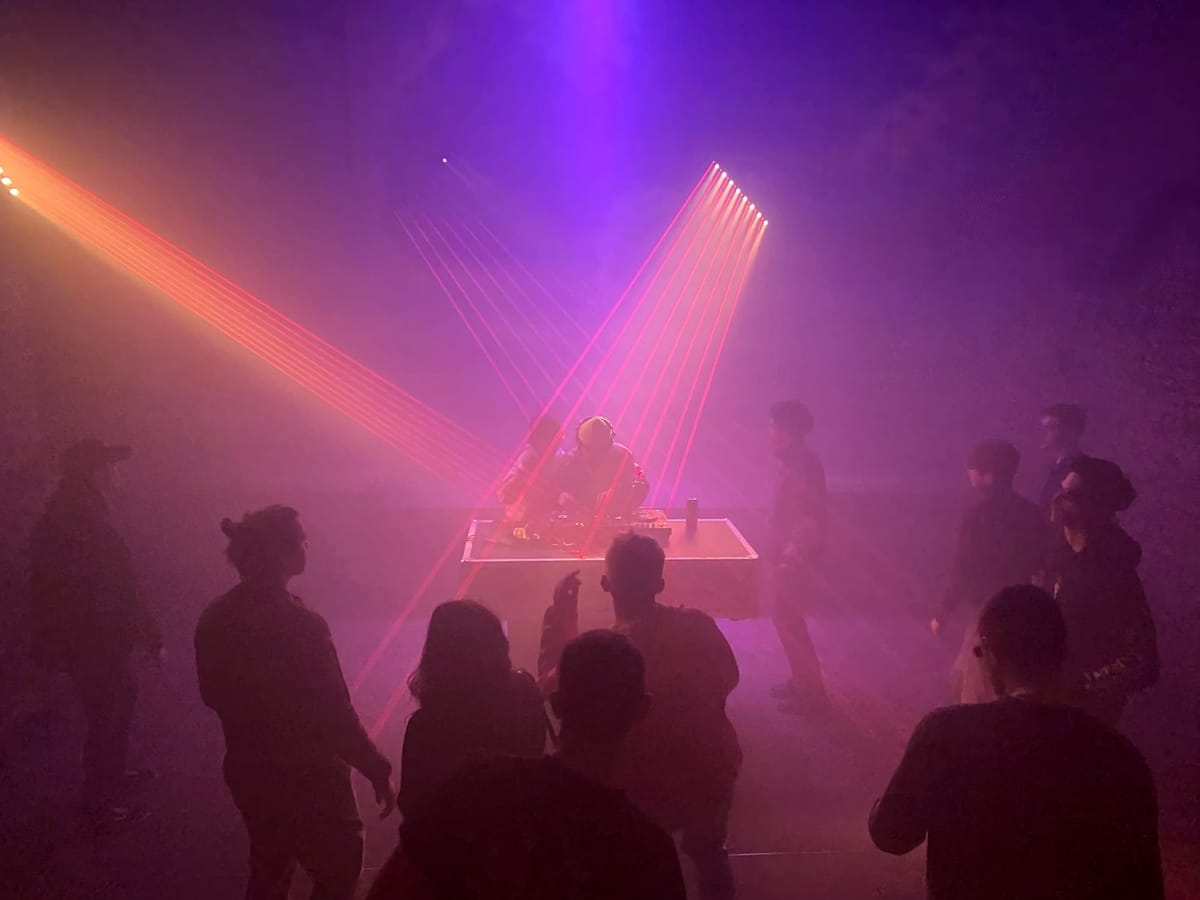This post is for paying subscribers only
Subscribe now and have access to all our stories, enjoy exclusive content and stay up to date with constant updates.
How Peggy Gou inspired this Ukrainian duo to start a club to disconnect from the war. To enjoy life - not just to survive.

Subscribe now and have access to all our stories, enjoy exclusive content and stay up to date with constant updates.
Already a member? Sign in